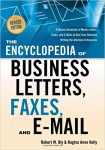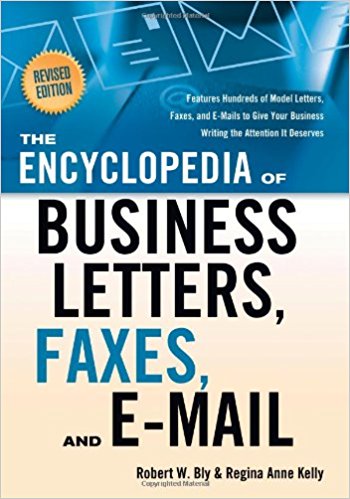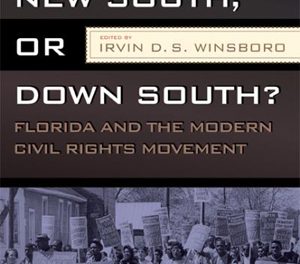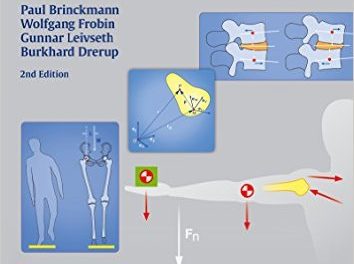 Authors: Robert W. Bly and Regina Anne Kelley
Authors: Robert W. Bly and Regina Anne Kelley
Publisher: Career Press – 288 pages
Book Review by: Sonu Chandiram
In a May 17, 2016 article by Karsten Strauss in Forbes entitled 9 Skills Bosses See Lacking in New Graduates in 2016 showed ‘writing proficiency’ on top of the list, with 44 percent of managers who feel new grads lack this skill. Number 2 was public speaking, which typically begins with writing down what you’re going to say. Thirty-nine percent of those surveyed said new grads lack this skill.
The other skills on a sliding scale were: data analysis, lack of sufficient knowledge of industry-specific software, math, design, coding/computer programming, foreign language proficiency, and SEO-SEM marketing.
In one way or another, these skills relate to communication and understanding. That is why a good book on communication is so important. This book is excellent. It is a concise, clearly-written book with well-organized materials, I would say a must-have for not only for new college graduates anyone seeking new employment, but also already working, in order to move up the ladder in business and the professions.
One of the import values of this book is that instead of merely instructing you how to write effective letters, faxes, and e-mails, it provides you hundreds of examples of them.
When we do a review of a book, we typically provide an overview of content first by naming the titles of its chapters, or at least of its Parts or Sections. So here they are for this book:
Introduction: Writing Basics in the Age of Electronic Communications
- Chapter 1: Special Rules, Tips, and Guidelines for Writing Business E-Mails
- Chapter 2: How to Format Your Business Letter, Fax, or E-Mail
- Chapter 3: Job-Hunting or Employment-Related Correspondence
- Chapter 4: Corresponding with Colleagues
- Chapter 5: Corresponding with Vendors
- Chapter 6: Corresponding with Employees and Employers
- Chapter 7: Communications to Get, Keep, and Satisfy Customers
- Chapter 8: Business and Consumer Complaints and Requests
- Chapter 9: Credit and Collection Correspondence
- Chapter 10: Sales Communications
- Chapter 11: Direct-Marketing Communications
In their Introduction itself, the authors provide a list of ‘general tips’ for better business writing. They are:
- Get Organized
- Know the reader
- Avoid ‘corporatese’
- Favor the active voice
- Avoid lengthy sentences
- Be specific
- Be simple
- Define your topic
- Develop adequate content
- Be consistent in usage
- Shun dull, wordy prose
- Use short blocks of text
Another important topic discussed in the Introduction is how to determine the best medium for your message based on its nature using the acronym POST – personal or private, official, sensitive, or telling.
This revised edition provides you, among other features:
- An expanded introduction to writing letters, faxes, and emails, with new tips and advice on the best use of each.
- Dozens of additional sample e-mail formats to meet today’s communication needs.
- Even more focused, easy-to-remember directions for organizing your thoughts and composing even the toughest kinds of correspondence.
Among the key benefits of owning this book are:
For each model letter, you will find:
- Introductory comments that give you a working knowledge of each kind of correspondence
- Several variations of tone and style from which to choose the one that suits you best
- Instruct6ions on how to format, design, print, and deliver your correspondence for best effect
This is an excellent guide to business and professional communications in the form of letters, faxes and e-mails.
Authors:
Robert W. Bly is the director of the Center for Technical Communication, a consulting firm that helps business people improve their communication and interpersonal skills. He is the author of more than 70 books, including The Elements of Business Writing, The Copywriter’s Handbook and Keeping Clients Satisfied.
Regina Anne Kelley is a professional writer and editor with more than 15 years’ experience. She has authored and coauthored several books, including Everyday Letters for Busy People. She has also penned dozens of articles for newspapers and magazines, and has edited more than 50 books. She currently operates her own freelance writing and editing business.







